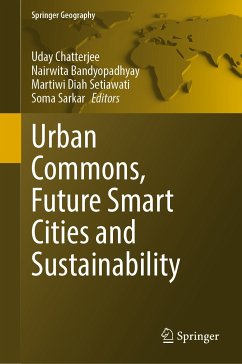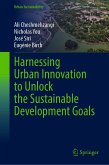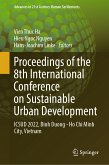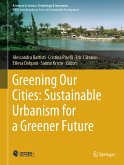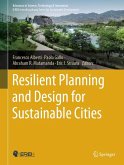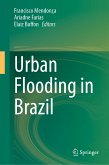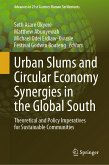The book is organized into five major parts, which reflect interconnection between theories and practice. Part one explains the introduction which reflects the diversity and challenges ofthe urban commons and its regeneration. Part two covers the current and future situation of urban growth, anglomeration agglomeration, and urban infrastructure. This section includes rethinking urban sprawl: moving towards sustainable cities, drivers of urban growth and infrastructure, urban land use dynamics and urban sprawl and urban infrastructure sustainability and resilience. Part three describes climate crisis, urban health, and waste management. This section includes climate change and health impacts in urban areas, green spaces: an invaluable resource for delivering sustainable urban health, health and wellbeing and quality of life in the changing urban environment, urban climate and pollution-case study, sustainable urban waste management and urban sustainability and global warming and urban heat Island. Part four covers the ecological perspectives, advanced technology, and social impact for i.e., smart building, ecosystem services, society and future smart cities (SSC). Thissection includes urban ecosystem services, environmental planning, and city management, artificial intelligence and urban hazards and societal impact, and using geospatial application and urban/smart city energy conservation-case study. Part five covers urban governance, smart solutions, and sustainable cities. It includes good governance, especially e-governance and citizen participation, urban governance, space and policy planning to achieve sustainability, smart city planning and management and Internet of things (IoT), advances in smart roads for future smart cities, sustainable city planning, innovation, and management, future strategy for sustainable smart cities and lessons from the pandemic: the future of smart cities.
Dieser Download kann aus rechtlichen Gründen nur mit Rechnungsadresse in A, B, BG, CY, CZ, D, DK, EW, E, FIN, F, GR, HR, H, IRL, I, LT, L, LR, M, NL, PL, P, R, S, SLO, SK ausgeliefert werden.

